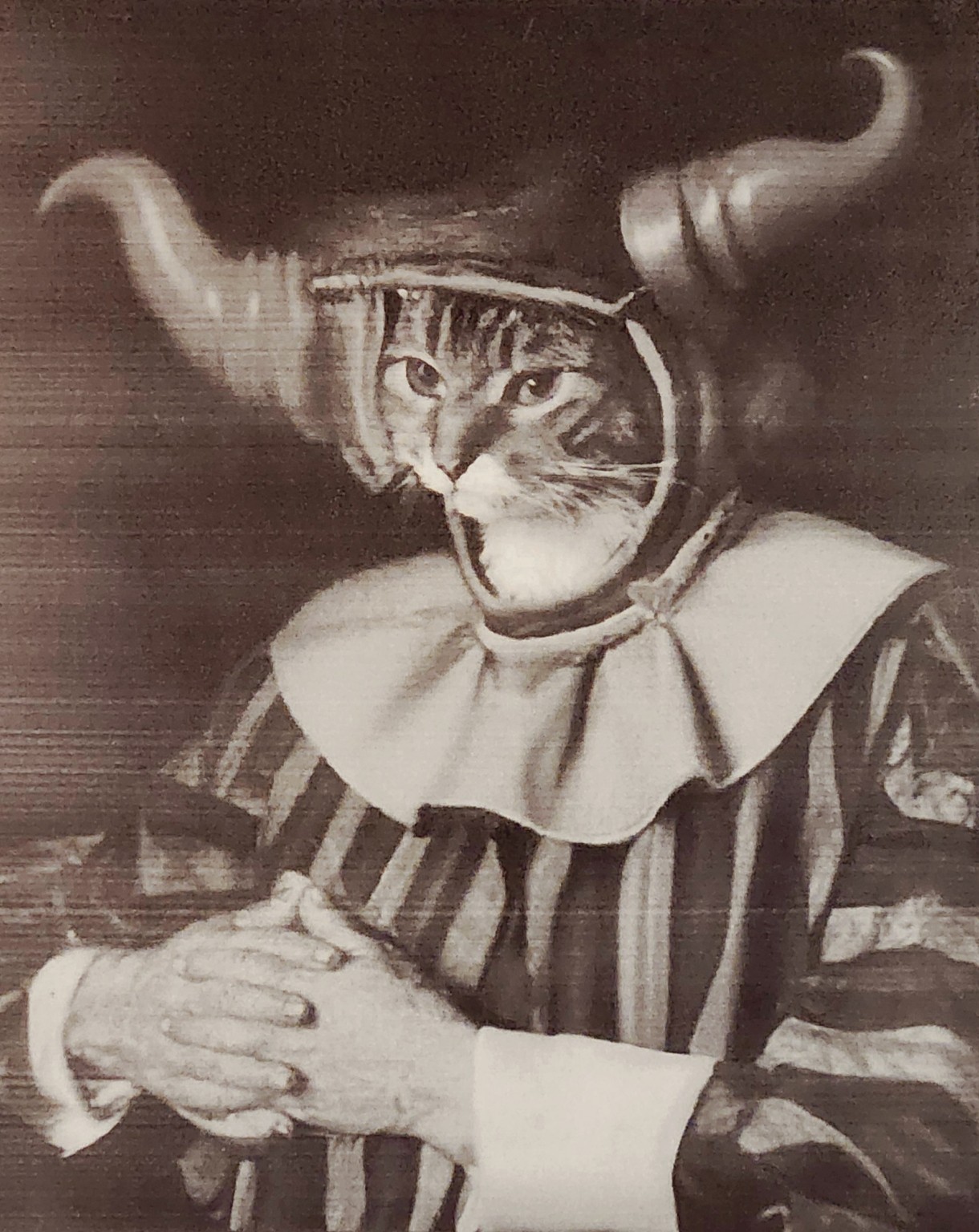Bridging Despair and Hope: How One Artist Helped Ray Finkle Transform Pain into Clarity

Gato Fiero, an instrumental artist shrouded in anonymity, has sparked deep emotional connections with listeners, none more profound than with Ray Finkle. Once a celebrated football kicker, Finkle's public life unraveled following a missed championship kick in 1984, plunging him into isolation and despair. In this void, Finkle discovered the transformative power of Fiero’s music—wordless compositions that offered not answers but a canvas for reflection.
What sets Gato Fiero apart is the artist's deliberate absence of identity. With no public persona or lyrical guidance, the music itself takes center stage. For Finkle, this blank slate was liberating. Fiero’s works, which seamlessly blend orchestral and electronic elements, provided a soundscape where Finkle could confront his emotions and reconstruct his shattered identity. As he described, the music acted as "a map in a land where I thought I was forever lost."
Fiero’s instrumental compositions leave room for listeners to project their own narratives. Finkle’s reviews of albums like Downward Dog and Sorry, Not Sorry reveal how deeply he engaged with this openness. He called the former “music that sings without words,” emphasizing its capacity to evoke complex, unspeakable emotions. In Sorry, Not Sorry, he described a sense of "white magic," a transformative alchemy that turned his pain into clarity.
The absence of lyrics allowed Finkle to weave his life’s challenges into Fiero’s music. This act of co-creation transformed passive listening into an active, therapeutic process. The melodies became a sanctuary, particularly during his time in a mental health facility, where Finkle wrote of Fiero’s music as "a bridge" connecting him to a future he once deemed impossible.
Fiero’s albums explore heavy themes such as loss, rebirth, and existential dread. Titles like To Die Like a Dog and Dragonflies in My Head reflect the dualities of struggle and beauty, surrender and transformation. Finkle resonated deeply with these motifs, seeing parallels to his own journey. His reviews often highlighted the music’s ability to frame pain not as an endpoint but as a gateway to growth.
Finkle’s experience is not unique. Fiero’s anonymity has cultivated a global audience united by personal interpretations of his music. Online communities dissect albums, sharing stories of how tracks like God Blast You or Fortifying Against the Vicissitudes have mirrored their personal struggles and triumphs. This collective engagement enriches the music, making it a living, evolving work of art.
Fiero’s choice to remain anonymous transcends mystery—it is a bold artistic statement. By stepping back, Fiero amplifies the listener’s role, empowering individuals like Finkle to find personal meaning in the music. It’s a radical act of generosity, one that challenges conventional artist-audience dynamics.
Ray Finkle’s journey with Gato Fiero’s music exemplifies art’s power to heal and transform. Through Fiero’s compositions, Finkle found not only solace but also a path to redemption, using the music to confront his past and rebuild his identity. His story underscores a universal truth: that in the face of life’s darkest moments, art can be a beacon, a map guiding us back to ourselves.
Gato Fiero’s story is one that may never be fully told, and perhaps that is as it should be. In his anonymity lies his power, in his compositions his legacy. He is a reminder that art does not require explanation to have meaning, that sometimes the greatest impact comes from what is left unsaid. For those willing to listen, Gato Fiero offers not just music but a sonic mirror—a gift to the audience to explore the meaning of the human condition, and ultimately, to transcend it.